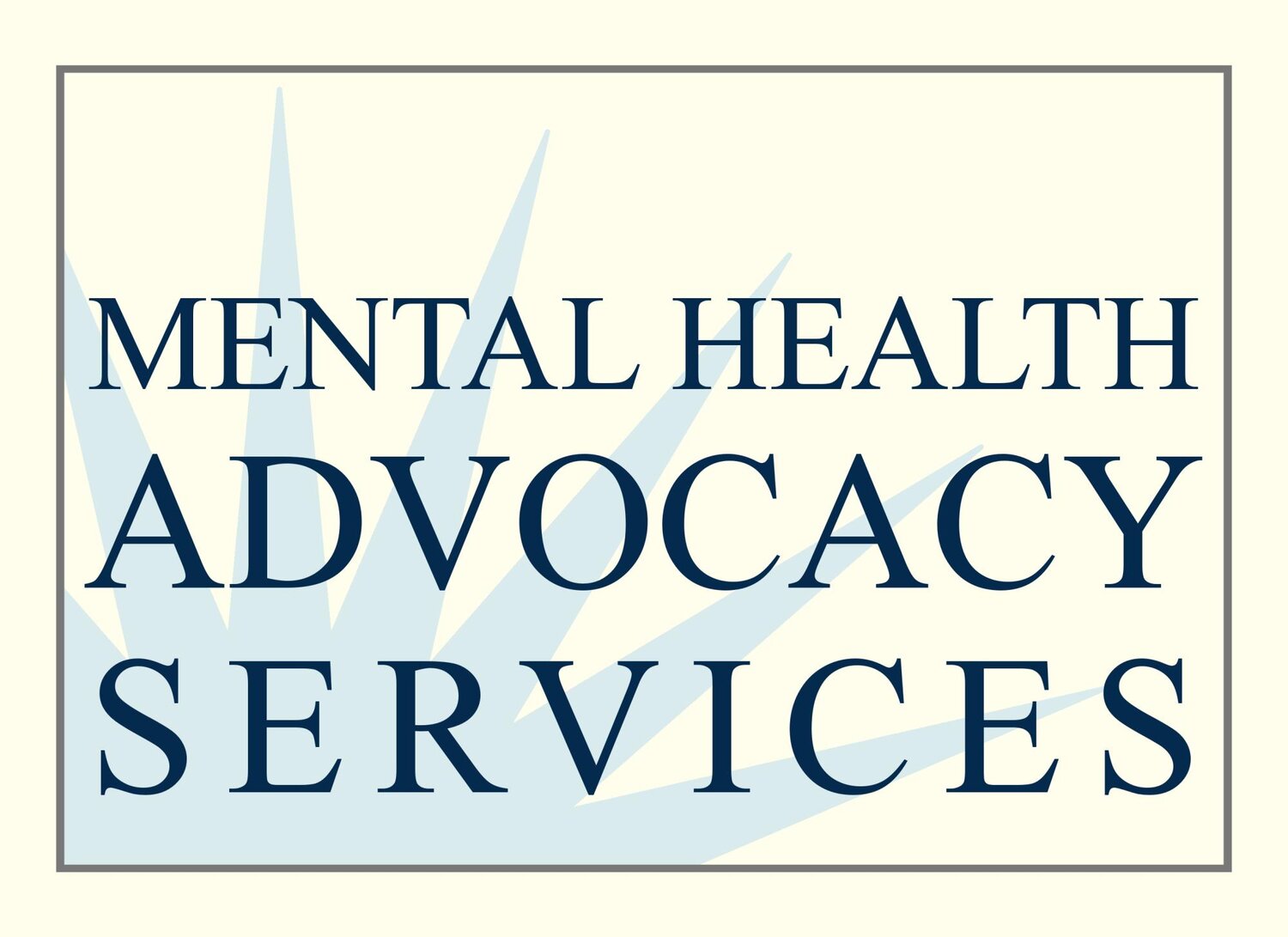Facts of Homelessness
Eliza Schafler is an MHAS Equal Justice Works Fellow sponsored by Greenberg Traurig, LLP.
I have written previously about the importance of using eviction defense and other legal services to prevent homelessness before it starts. I have also mentioned the disastrous potential mental health consequences that homelessness can cause. Today, I want to discuss what may be obvious: many of the families we serve, at MHAS generally and through our Behavioral Health-Legal Partnership (BeHeLP), are not just on the verge of homelessness. Many, when they come to us for help, are already experiencing it.What does it mean to be homeless? The definition is broad. One law that offers protections for people who are homeless, the McKinney Vento Act, provides many definitions, including 1) lacking a “fixed, regular, and adequate” place to sleep; 2) living in a car or other location “not designed for” regular sleeping; 3) about be evicted with nowhere to go; and 4) living with children and moving rapidly from place to place.Unfortunately, as these definitions reveal, homelessness is much more than just sleeping on the sidewalk. It is pervasive housing instability that interferes with people’s ability to care for themselves and their families. It touches families and individuals of many backgrounds. All are exposed to mental health consequences that we are seeking to prevent.Meanwhile, the trends in Los Angeles are disturbing. In 2015, our homeless population was found to have increased by 12% since 2013. The number of African-American people experiencing homelessness rose by an astonishing 35% in that time. Further policy change may make it even more difficult for people without homes to store their belongings and avoid incarceration.Given that some clients and families we serve are already homeless, what can we do? Plenty. We can help families obtain income supports that they can use for security deposits and future rent. We can help them fight for eligibility for low-income housing. In BeHeLP, we can offer them a one-stop-shop to meet their needs in one community-based location. And much more.
